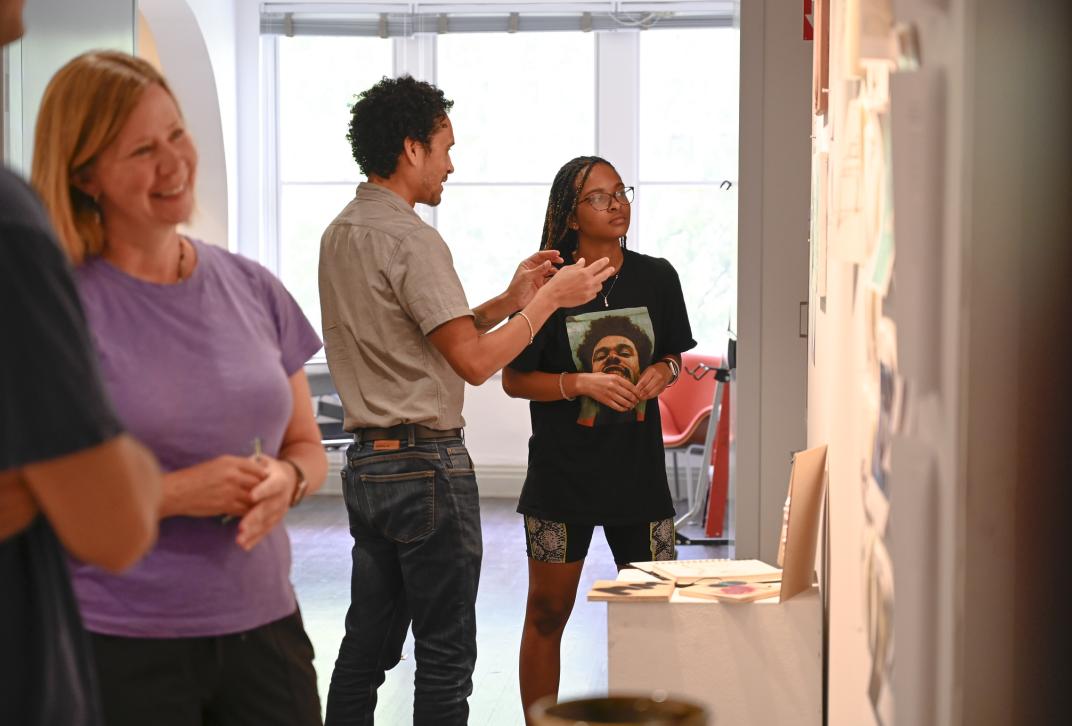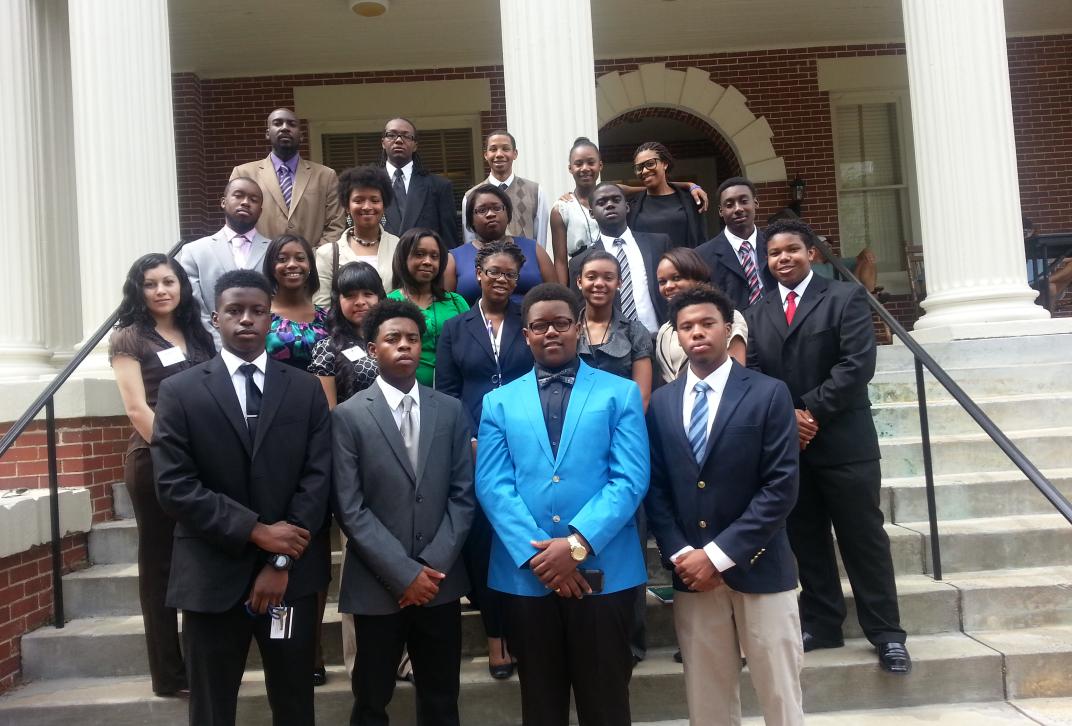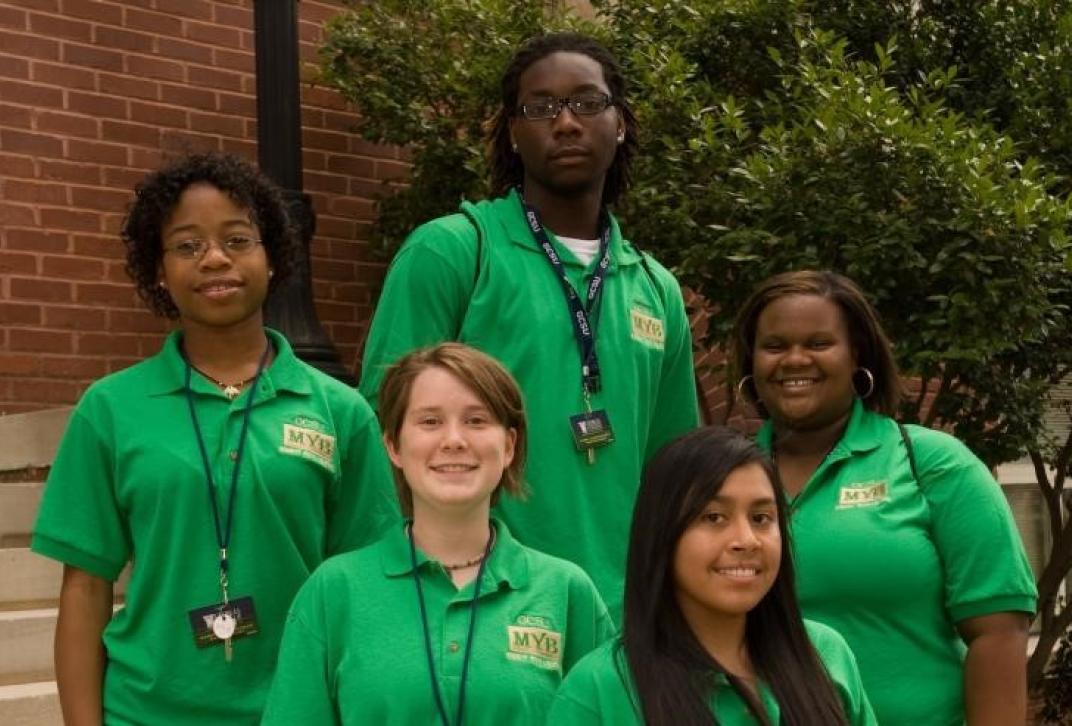Mission
Georgia College is affiliated with the Georgia Council on Economic Education and the National Council on Economic Education. The purposes of economic education are:
- To aid teachers in teaching economic and personal finance by conducting in-service and pre-service programs in education.
- To coordinate economic education efforts with local civic groups, chambers of commerce, and other groups interested in economic education.
- To act as a source of materials and speakers on the topic of economic education.
Links
- Register for a Workshop
- Georgia Council on Economic Education
- Federal Reserve Bank-Atlanta
- Council for Economics Education (National)
- National K-12 Standards
- GC&SU Department of Economics & Finance
- GC&SU J. Whitney Bunting College of Business & Technology
- GC&SU John H. Lounsbury College of Education
Research
- Arias, J.J., John R. Swinton and Kay Anderson. 2016. Online Vs. Face-to-Face: Pilot Study of a Comparison of Student Outcomes with Random Assignment
- Clark, Christopher Benjamin Scafidi and John R. Swinton. 2016. Success in High School Economics and Performance in College
- Clark, Christopher Benjamin Scafidi and John R. Swinton. 2016. Do Teacher Credentials and Characteristics Impact Teacher Effectiveness in High School Economics?
- Swinton, John R. 2016. Cookie Trade: Comparative Advantage Lesson Plan Using Cookies: Lesson Plan, Background, Assessment
- Economic Content: Traditional Presentation of Comparative Advantage
- Trade Assessment Questions
For additional Information
Contact
Image




